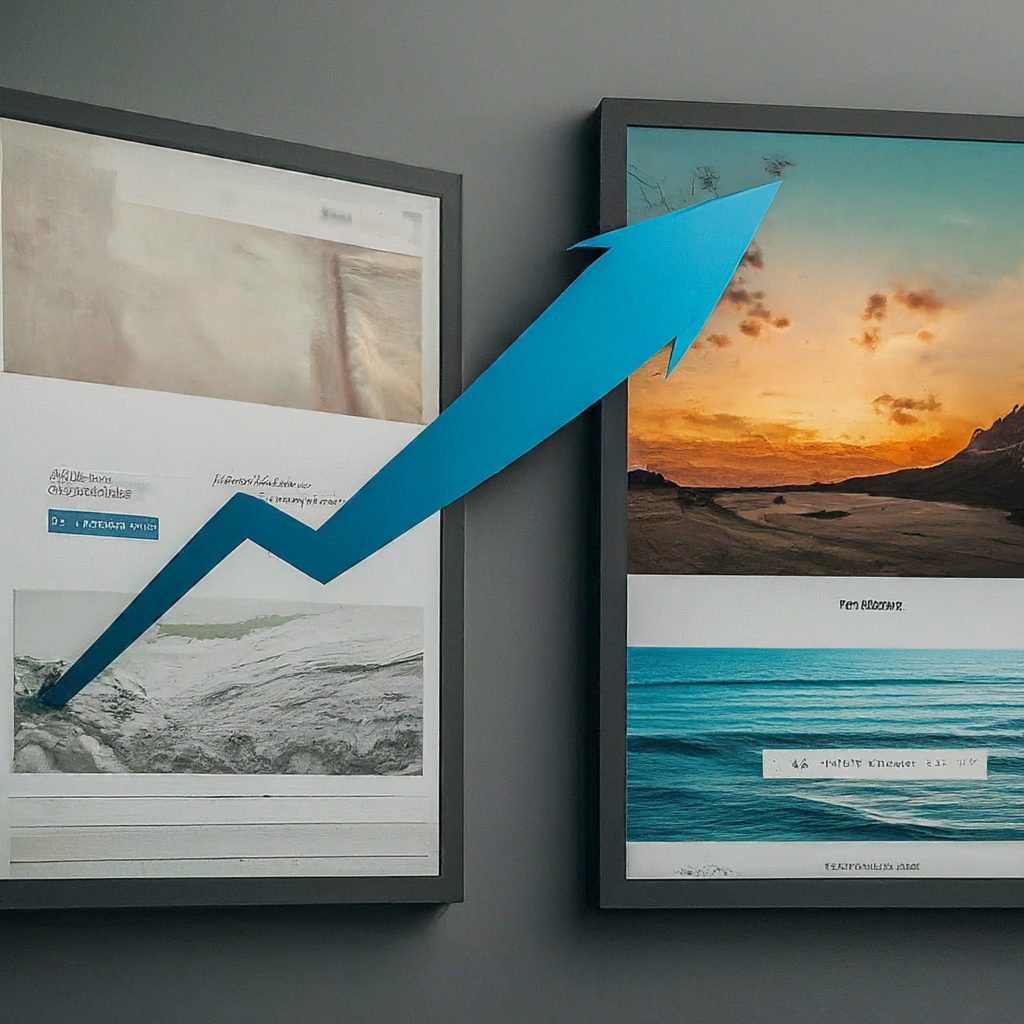Choosing the right platform to build your dream website can feel like navigating a battlefield. With contenders like Adobe Muse, WordPress, Webflow, and Framer X vying for your attention, deciphering their strengths and weaknesses can be overwhelming. Fear not, intrepid website warrior! This comprehensive blog post will dissect these popular website builders, analyzing their features, ease of use, and SEO prowess to crown the ultimate champion. Buckle up, and let the pixelated duel commence!
Round 1: Design Flexibility
- Adobe Muse: Muse boasts a drag-and-drop interface for visually-inclined users, offering complete design control. However, its WYSIWYG approach can limit complex functionalities.
- WordPress: With its vast theme and plugin library, WordPress offers unmatched design flexibility. But navigating its code-heavy backend might intimidate beginners.
- Webflow: Webflow shines with its visual design editor, allowing pixel-perfect customization without coding knowledge. However, its learning curve can be steeper than Muse’s.
- Framer X: Designed for interactive prototypes, Framer X excels in creating dynamic user interfaces. However, its website building capabilities are still under development.
Round 2: Content Management and Scalability
- Adobe Muse: Muse excels in static website creation, but managing dynamic content can be cumbersome. Scaling beyond basic sites can be challenging.
- WordPress: WordPress is a content management powerhouse, effortlessly handling blogs, portfolios, and even e-commerce stores. Its scalability is virtually limitless.
- Webflow: Webflow offers dynamic content management similar to WordPress, but its scalability for large websites with complex functionalities might be limited.
- Framer X: While Framer X allows content management for prototypes, it’s not intended for full-fledged website content creation and lacks scalability for complex sites.

Round 3: SEO Optimization
- Adobe Muse: Muse requires manual SEO optimization, making it labor-intensive for non-technical users. Ranking high in search engines can be an uphill battle.
- WordPress: WordPress boasts numerous SEO-friendly themes and plugins, making it easy to optimize your website for search engines. It’s a favorite among SEO specialists.
- Webflow: Webflow offers built-in SEO features and integrates with popular SEO tools. However, its SEO capabilities might not be as comprehensive as WordPress’s.
- Framer X: Framer X doesn’t prioritize SEO features as it’s mainly focused on prototyping. Websites built with Framer X might require additional SEO optimization efforts.
Round 4: Ease of Use and Learning Curve
- Adobe Muse: Muse’s drag-and-drop interface is beginner-friendly for basic websites. However, mastering design and functionality requires significant effort.
- WordPress: WordPress has a lower barrier to entry but its code-heavy backend can be daunting for beginners. Learning its intricacies takes time and dedication.
- Webflow: Webflow’s visual editor offers a good balance between ease of use and design control. However, its learning curve is steeper than Muse’s and requires some understanding of design principles.
- Framer X: Framer X has a steeper learning curve due to its focus on interaction and animation. It’s better suited for designers and developers with coding experience.
The Champion Emerges: Why WordPress Wins the Crown
After this epic clash, WordPress emerges victorious! Its unmatched content management power, SEO dominance, and vast community support make it the ideal platform for most website needs. While other contenders have their strengths, WordPress offers the perfect blend of flexibility, ease of use, and SEO prowess for both beginners and seasoned website builders.
So, why choose WordPress?
- Effortless content management: Manage blogs, portfolios, e-commerce stores, and more with ease.
- Unparalleled SEO optimization: Rank higher in search results with built-in features and extensive SEO plugins.
- Scalability for growth: Your website can grow seamlessly as your business expands.
- Vibrant community support: Never get stuck with a problem thanks to a vast community of users and developers.
- Theme and plugin marketplace: Find pre-built themes and plugins for almost any website functionality imaginable.
Ready to unleash your website’s potential? Choose WordPress and join the winning team!
P.S. Remember, the “best” platform depends on your specific needs and goals. If you have unique requirements, explore each platform further to find your perfect match. But for most website owners, WordPress will be the shining star in their digital journey.
